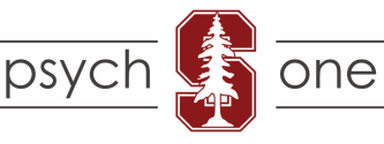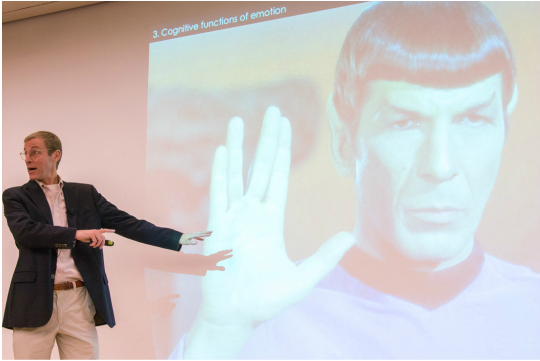PSYCH ONE
Introduction to Psychology
|
Psych One is offered every quarter at Stanford; it is taken by 500-600 students each year. Stanford's Psychology One is designed for students who may major or minor in psychology and has also been carefully crafted to serve as an important contribution to any liberal arts education. Because of Psychology's unique focus on who we are and how we think, feel, and act as human beings, Psychology One is an important course in any undergraduate's career.
|
COURSE GOALS
Our goals for students to achieve by the end of course are as follows:
- Recognize and appreciate the psychological dimension of everyday experiences, as well as important social problems (e.g., education, healthcare).
- Describe foundational psychological concepts and themes, along with the studies, findings, and scientists associated with these concepts and themes.
- Understand the biological basis of individual experiences and behaviors, as well as social interactions
- Analyze psychological claims with an open-minded yet critical stance, including those that appear in popular portrayals of psychological science (e.g., popular press).
- Assess and synthesize scientific evidence, concepts, theories, and experimental data relating to human behavior.
- Understand the basic components of an empirical research article and know how to locate primary research articles on topics of interest.
- Understand and utilize the scientific method in formulating hypotheses and designing experiments to test hypotheses.
- Communicate more clearly orally and in writing.
STUDENT QUOTES
|
“Psych One is definitely the most engaging large lecture class that I have experienced at Stanford.”
|
"I loved putting scientific names to things that I had personally observed. I think we're all amateur psychologists, and this class is the first step to honing in on those skills."
|
"The class applied to everyday life, and the things I learned that I can apply to improve the world for me and those around me."
|

